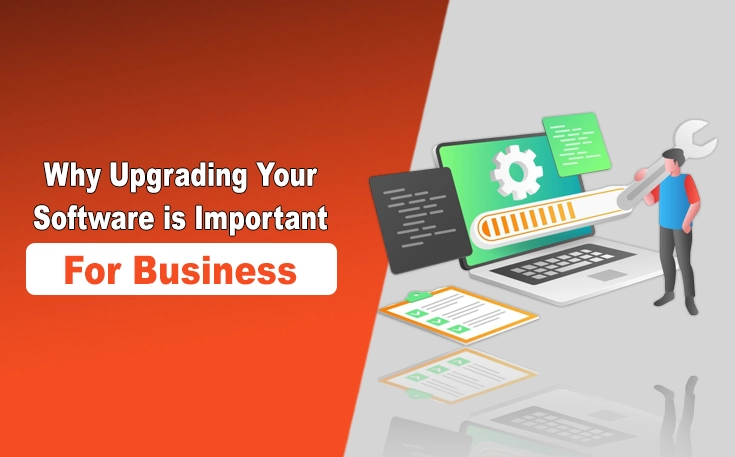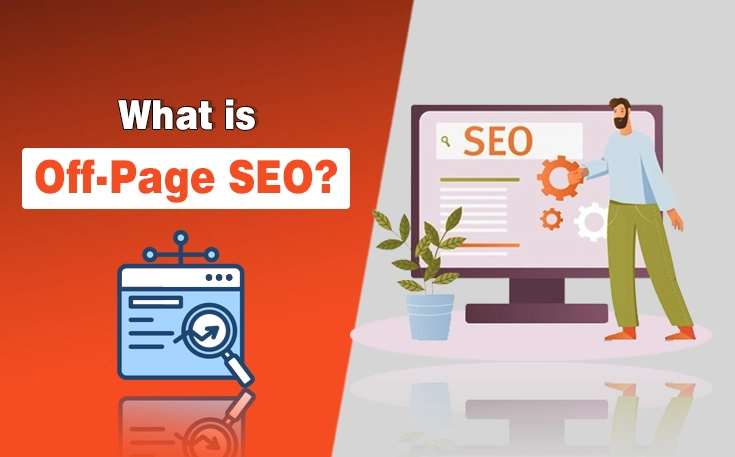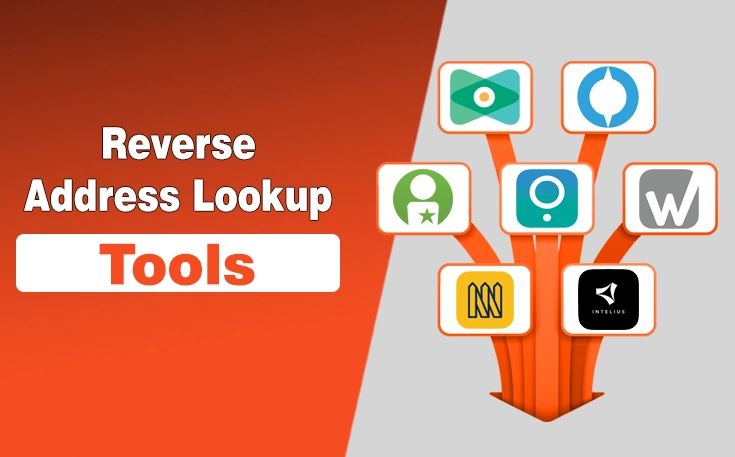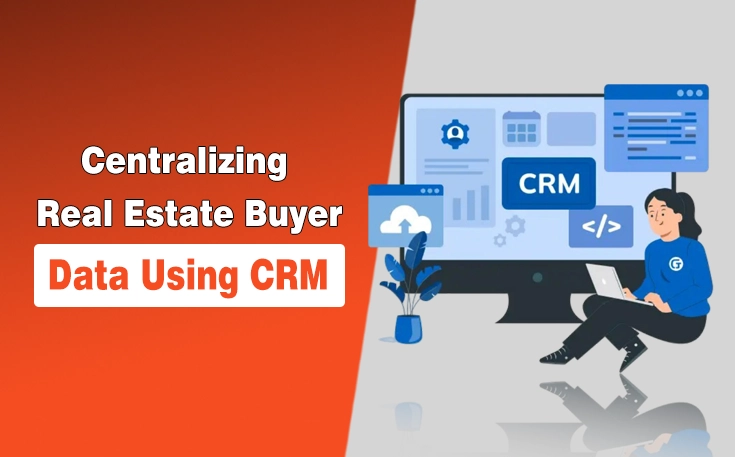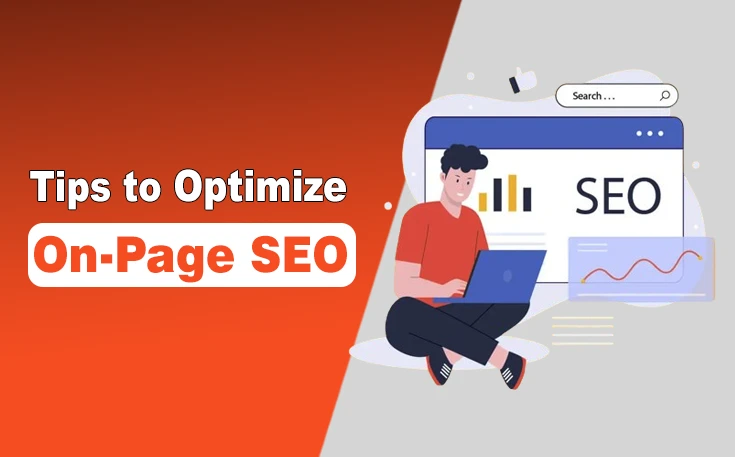For businesses, success is not just about delivering great products or services, but about the flexibility, security and efficiency of your business operations. One of the main ingredients that is ignored? Updating the software you use.
Keeping your software up to date is more than just an IT task. It is a competitive edge that can open up growth, raise productivity, and most importantly, it can assist you to win the credulity of your customers and partners.
If your business still uses old software, legacy app modernization services can help. These services update and improve outdated systems, making them faster, more secure, and easier to use.
In this guide, discover why upgrading your software is important for boosting business growth, improving efficiency, and gaining customer trust.
6 Reasons Why Upgrading Software is Important For Business Growth
Let’s discover the reasons why upgrading your old software is important for business growth.
1. Up-to-Date Software Builds Customer Trust
In a world where data breaches and cyber attacks are commonplace, trust is money. Clients, customers and stakeholders are becoming increasingly cautious in choosing investment targets or business partners. When your business operates on old software, you are not only vulnerable, but you are also demonstrating irresponsibility.
Indeed, IBM projects that by 2024, the average cost of a data breach will be $4.88 million. Most of these attacks are based on the weaknesses of the old systems which are well-known.
On the contrary, companies that take the initiative to update their systems demonstrate that they are serious about their data security and integrity of operations, two foundations that help build long-term trust and loyalty.
2. Improved Efficiency = Business Growth
New software, especially the ones that use Python, may come with performance improvements, bug fixes, and features that are meant to help your business operate smoothly and faster. This has a direct effect on internal productivity, customer satisfaction and scale out. That’s the reason why Python is the preferred backend language for modern software development.
Slow performance, frequent crashes and incompatibility can make both employees and customers go crazy. Companies that regularly upgrade report a 30 percent increase in process efficiency, allowing them to serve more customers, deliver products faster, and be more innovative.
Less friction in systems leads to fewer mistakes, more job satisfaction, and enhanced customer journeys, a combination that spells success in the growth department.
3. Competitive Edge and Market Credibility
Let’s face it, your competitors are upgrading. If you’re not, you’re falling behind. Modern, cloud-based technology tools, real-time analytics, and AI integrations are just a few of the features found in current software that help businesses outpace their rivals.
By keeping software updated, businesses:
- Optimize performance and user experience;
- Access cutting-edge tools faster;
- Demonstrate professionalism and modern standards;
- Ensures adherence to data protection laws like GDPR, HIPAA, or PCI DSS.
A company still running on legacy platforms looks outdated, and often is. If you’re trying to win a big client, attract investors, or build partnerships, your tech stack speaks volumes about your seriousness and long-term viability.
4. Updates Signal Reliability to Stakeholders
Whether you’re applying for a business loan, courting an investor, or expanding into new markets, your infrastructure matters. Reliable systems reduce risk, not just for you, but for everyone connected to your ecosystem.
Would you trust a bank that still runs on 10-year-old software? Would you share sensitive data with a vendor that skips security patches?
Modern consumers and business partners are savvy. A study by Salesforce found that 84% of customers say the experience a company provides is as important as its products. Software plays a huge role in that experience, especially behind the scenes.
When your systems are current, people notice. And they trust you more.
5. Cost Savings and Scalability
Some businesses avoid updates due to short-term costs. But the long-term cost of staying outdated is far higher. Unpatched systems cost more in support, attract more downtime, and eventually require costly overhauls.
In contrast, updated platforms tend to be more scalable, allowing you to add users, features, or services as your business grows. This flexibility keeps growth sustainable and budgets predictable.
6. Future-Proofing Your Business
Digital transformation isn’t a one-time event, it’s a continual process. Staying current with your software is like watering a plant: essential for long-term health and growth.
From CRMs to accounting platforms, inventory systems to project management tools, modern software evolves fast. You’re not just surviving; you’re preparing to thrive.
Simple Benefits of Regular Software Updates
| Benefits | What It Means for Your Business |
|---|---|
| Security | Fixes known vulnerabilities and reduces risk of cyberattacks or data breaches |
| Speed | Improves system performance, load times, and responsiveness |
| Compliance | Ensures adherence to data protection laws like GDPR, HIPAA, or PCI DSS |
| Stability | Reduces crashes, downtime, and costly interruptions |
| Reputation | Reinforces customer and stakeholder trust by showing a commitment to quality |
Each of these benefits supports a stronger, more trustworthy, and more scalable business model. When you’re known for secure, efficient operations, people want to work with you, and that’s how businesses grow.
Final Thoughts
Upgrading your software isn’t just a technical necessity, it’s a business growth strategy and a trust-building mechanism. In a fast-moving, risk-heavy world, companies that treat software updates as core to their success are more agile, credible, and customer-focused.
You don’t need a massive IT team. You need the right mindset and a plan: automate where you can, train your team, and review systems quarterly.
In doing so, you’ll not only avoid disasters, you’ll position your business as forward-thinking, trustworthy, and built to last.
Need custom app with amazing features?
Get a Quote
